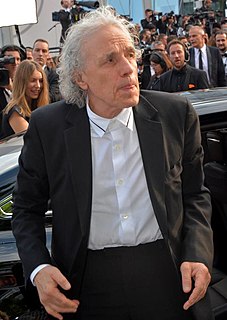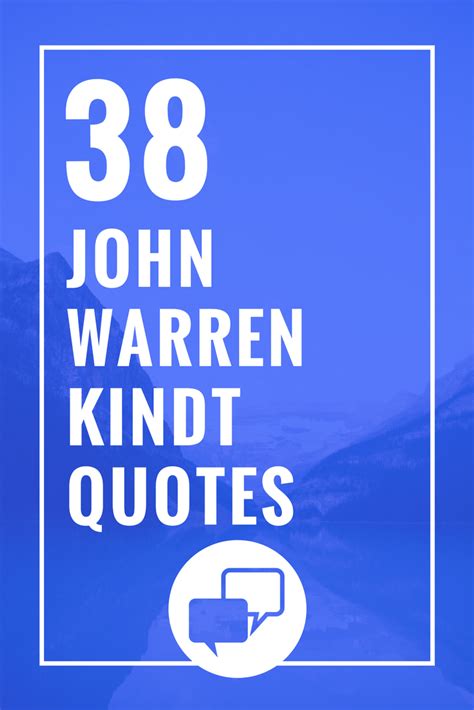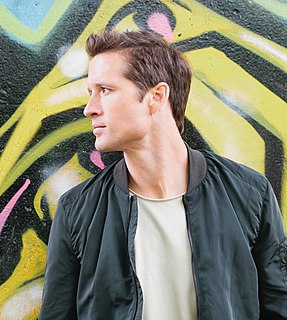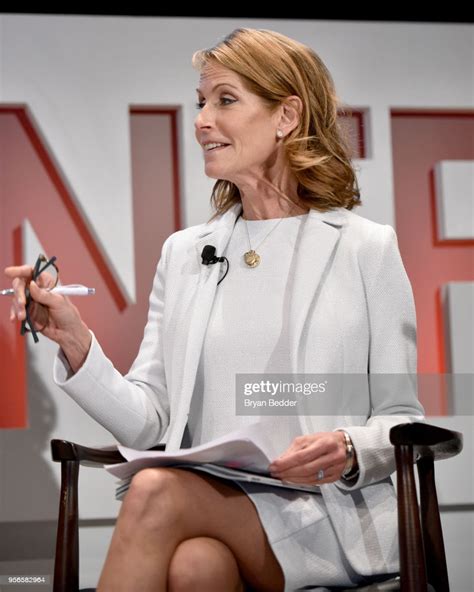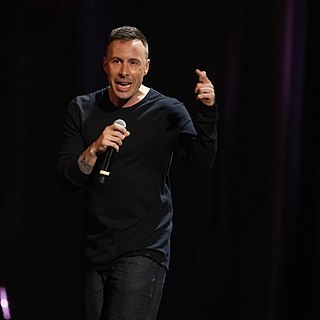A Quote by Abel Ferrara
When I talk about drugs and alcohol, I'm talking about sex addiction, gambling addiction, eating addiction, throwing-up addiction. I'm not talking about mental illness.
Related Quotes
Once and for all, people must understand that addiction is a disease. It’s critical if we’re going to effectively prevent and treat addiction. Accepting that addiction is an illness will transform our approach to public policy, research, insurance, and criminality; it will change how we feel about addicts, and how they feel about themselves. There’s another essential reason why we must understand that addiction is an illness and not just bad behavior: We punish bad behavior. We treat illness.
I think the scariest addiction on this planet is to alcohol. Because alcohol is a very addictive drug, and it ruins families, it ruins relationships. And it is socially acceptable, and it is easy to find. Controlled substances, other drugs are more difficult to get, and it's a crime to... to buy them. But alcohol is everywhere. And if you are unfortunate enough to become addicted to it, it can be disastrous. And there is still a stigma attached to alcohol addiction, or addiction in general. It is perceived as... an addict is perceived as somebody of weak moral fiber
It seemed that the problem of Americans overdosing and dying from drug addiction was being described as bad people, particularly kids, who were abusing good drugs. But Sheila Nevins, the president of HBO Documentary Films, and I were particularly interested in finding out the stories of people and families who had been ravaged by this disease of addiction and understanding what really was happening. What we found was that, and let's not make any mistake about it, this is an epidemic of addiction.
Like Sylvia Plath, Natalie Jeanne Champagne invites you so close to the pain and agony of her life of mental illness and addiction, which leaves you gasping from shock and laughing moments later: this is both the beauty and unique nature of her storytelling. With brilliance and courage, the author's brave and candid chronicle travels where no other memoir about mental illness and addiction has gone before. The Third Sunrise is an incredible triumph and Natalie Jeanne Champagne is without a doubt the most important new voice in this genre.
